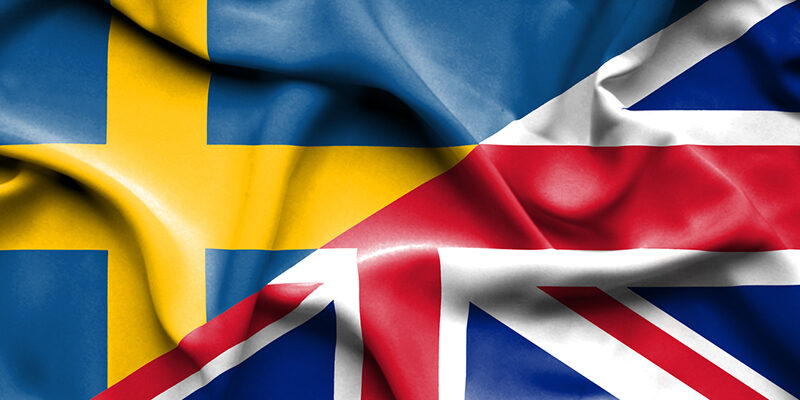The purpose of this memorandum of understanding (MoU) is to promote cooperation between the participants across local, regional and national healthcare, research and innovation systems in support of the development of dynamic, effective and attractive life science ecosystems.
The participants will continue to pursue opportunities that advances in medical technologies and techniques enable to benefit health outcomes in their countries and globally, building on areas of excellence on both sides. The participants intend that early areas of cooperation may include early diagnostics, genomics, clinical trials, regulatory innovation, implementation of innovation, manufacturing processes, sustainability in the life sciences sector and antimicrobial resistance.
“Early areas of cooperation may include early diagnostics, genomics, clinical trials, regulatory innovation, implementation of innovation, manufacturing processes, sustainability in the life sciences sector and antimicrobial resistance.”
Cooperative activities to support exchange on these topics may include collaboration in policy, design and implementation of technical standards necessary to build data driven approaches in the life sciences sector, knowledge exchange in policies, strategies and market interventions, cooperation in the development of policy initiatives to stimulate an active marketplace through enterprise engagement and collaborative initiatives and cooperation in the research, development, evaluation and implementation of new technologies and treatments.
Accelerate cross-sectoral action on AMR
The United Kingdom and Sweden are recognized international leaders in driving efforts to address the ‘silent pandemic’ of antimicrobial resistance and will continue to work closely bilaterally and multilaterally to accelerate cross-sectoral action on AMR.
The countries will cooperate on research and development for novel antimicrobial treatments, preventatives and diagnostics, and sharing best practice to ensure their access and responsible stewardship. The United Kingdom and Sweden will also work together to encourage sustainable antimicrobial supply chains, supporting measures to tackle environmental drivers on AMR.
The importance of a strong science base
Recognizing the importance of a strong science base to innovation in life sciences, the participants welcome existing research cooperation between the United Kingdom and Sweden through collaborations between businesses, higher education institutions, health and research institutions and other actors.
The participants encourage researchers from both nations to continue to work closely together, including through multilateral projects and joint applications to European research and innovation programmes.
Exploration of opportunities in each market and developing a shared understanding of any barriers to trade and investment
The United Kingdom and Sweden have a long-standing trade and investment relationship and as global leaders in life sciences, there is the opportunity to strengthen this further through business development and collaborative opportunities. In particular, supporting innovative small and medium-sized enterprises in both countries has the potential to create new jobs, expand trade and stimulate economic growth.
The participants will support further cooperation through the exploration of opportunities in each market and developing a shared understanding of any barriers to trade and investment. This may include specific therapeutic areas or best practice of, for example, clinical trials. They may also foster closer ties by promoting partnership projects between United Kingdom’s and Swedish companies, and facilitating exchanges of business missions.
Pandemic preparedness
There is an opportunity for the participants to collaborate and utilize their life science expertise in the area of pandemic preparedness, for example through implementation of the 100 Days Mission, a global public-private ambition to harness scientific innovation to have safe and effective diagnostics, therapeutics and vaccines (DTVs) ready to be deployed within the first 100 days of a future pandemic threat being identified.
Implementation
A joint working group comprising of representatives of the participants will be formed to take forward implementation of this MoU, meeting at least every 6 months and reporting in to the heads of the United Kingdom Office for Life Sciences and Swedish Office of Life Science or equivalent. The heads of the United Kingdom Office for Life Sciences and Swedish Office of Life Science will hold annual meetings to consider progress under this MoU and exchange best practice in their respective roles to support the delivery of life sciences and innovation policy in each country.
The MoU was signed in London by Sweden’s Minister of Education, Anna Ekström, and Parliamentary Under Secretary of State (Minister for Technology, Innovation and Life Sciences), Lord Kamall, in the presence of their Majesties the King and Queen of Sweden.
Photo: iStock







